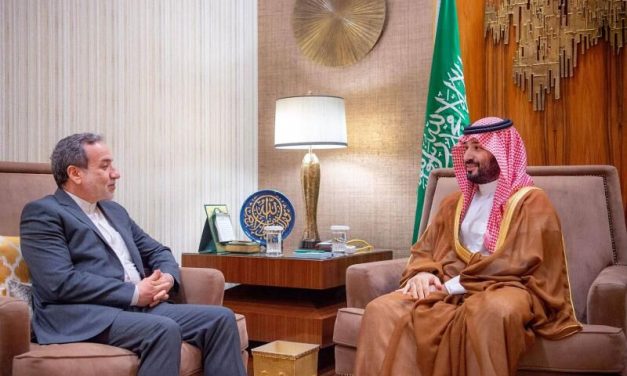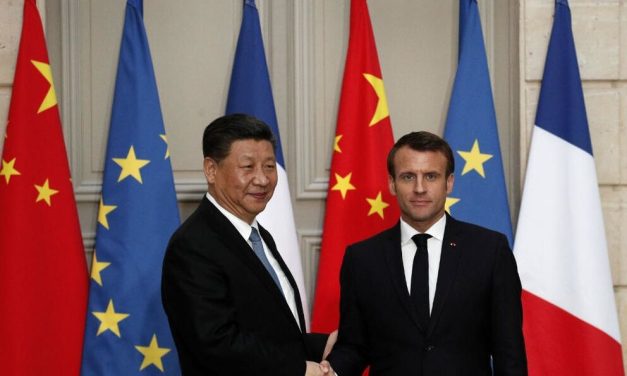Rohollah Modabber, in an interview with the website of the Strategic Council on Foreign Relations, stated: “The developments in the Ukraine war have pushed European security order into a stage of redefinition, where neither Washington can manage the war, nor is NATO capable of ending it.”
Redefining European Security in the Shadow of the Ukraine War
Modabber said: “Contrary to some initial predictions, the Ukraine war not only did not lead to the rapid collapse of Russia but also caused a profound transformation in Europe’s security structure.” He added, “Europe thought that by imposing extensive sanctions and sending advanced weapons, it could change the equation in Ukraine’s favor within a few months. However, three years after the start of the conflict, it has neither achieved gains on the battlefield nor been able to maintain internal consensus in the political arena.”
This analyst emphasized: “NATO, by expanding military bases in Moldova and Romania, sought to contain Russia geographically, but this process has led to increased tension and divergence within the European Union. Now, Central European countries are worried about the war spreading to their borders, and simultaneously, Europe is grappling with an energy crisis, industrial recession, and public opinion pressure to end the war.”
Rohollah Modabber added: “Ahmed al-Shar’s meeting with Putin in the Kremlin was a sign of the revival of the Moscow-Damascus axis in the post-Asad era. Syria has officially announced that it will increase its military cooperation with Russia, and this move is a direct response to NATO pressures and Europe’s request for Damascus to cut cooperation with Moscow.”
The international affairs analyst continued: “In the face of the increasing tension from the West, Russia has adopted a multi-layered strategy. One of its dimensions is strengthening cooperation with North Korea. The entry of nearly one hundred thousand trained North Korean soldiers into Russia in the Kursk war shows that Moscow is redefining its human resource capabilities through non-Western partners.” He added: “North Korea has built new suicide drones which, according to Russian sources, are more advanced than Russia’s indigenous drones. The use of this equipment on the Ukrainian battlefield has changed the military balance and questioned NATO’s air superiority.”
He clarified: “Alongside this military cooperation, Russia is simultaneously expanding its strategic interactions in the Arctic and Africa. This multilateralism has led the West to become involved in fronts beyond Washington’s unilateral control. Moscow now knows that the ability to wear down the West lies not in Ukraine but in the dispersion of crises.”
Rohollah Modabber emphasized: “Sergei Lavrov’s remarks about unlimited military cooperation with Tehran are part of Russia’s plan for symmetrical confrontation with the West’s weapons pressure. Through this move, Russia showed that if the war expands to its soil, it is ready to change the balance of power.”
He recalled: “The American political atmosphere is also transforming. Moscow has announced that it does not recognize Trump’s recent statements about Ukraine and only considers his positions at the Alaska summit valid. This stance is a clear message to Washington that Russia is not ready for any tactical compromise with the new U.S. government, except based on previous frameworks.”
Diplomatic Deadlock and Western Miscalculation
The international affairs analyst said: “Europe made several fundamental miscalculations in designing its strategy to contain Russia. First, it replaced political strategy with sanctions, and second, it placed excessive hope in Ukraine’s internal capabilities.” He added: “Now, after three years, not only has Russia’s economy not collapsed, but its energy exports to East Asia have increased, and the ruble has been able to maintain relative stability.”
He explained: “Ukraine has moved out of the static war phase, and Russia has managed to make advances on some axes. NATO is neither capable of advancing nor willing to retreat, and this situation has created an attritional condition for them.”
Modabber said: “Zelensky is still clinging to American support, but the new atmosphere in the White House shows that Washington is unwilling to pay the endless costs of the war. The reduction of the military budget in Congress and the Republicans’ opposition to continuing aid have created a serious challenge in Washington-Kyiv relations.”
He added, “Moscow is exploiting this political gap in America to exert psychological pressure on Europe. Lavrov has called Europe the main culprit in the continuation of the crisis and warned that Europeans are turning Ukraine into Trump’s war. The Russians, by increasing missile tests and penetrating NATO’s defense systems, have demonstrated their deterrent power, and these tests reflect the Kremlin’s political will to continue active resistance against the West.”
The Heavy Shadow of Nuclear Deterrence and the Risk of Uncontrollable War
Rohollah Modabber warned: “Although the probability of using nuclear weapons in the Ukraine war is low, experience has shown that in attritional conflicts, the probability of miscalculation increases, and this alone can break the threshold of deterrence.”
He added: “Putin, in his latest press conference, announced that Russia’s defense systems are rapidly being strengthened, and the development of hypersonic missiles carrying nuclear warheads continues. This is a direct warning to NATO not to cross the Kremlin’s red lines.”
He clarified: “The deployment of nuclear weapons in Belarus is a clear sign of a change in Russia’s warning level. This move carries a dual message to Europe and America to refrain from nuclear adventurism on NATO’s eastern borders.”
Modabber emphasized in conclusion: “The continuation of NATO military exercises increases the risk of entering an irreversible phase. Returning to diplomacy is not an ethical choice but a strategic necessity for the survival of the global security system.”










0 Comments